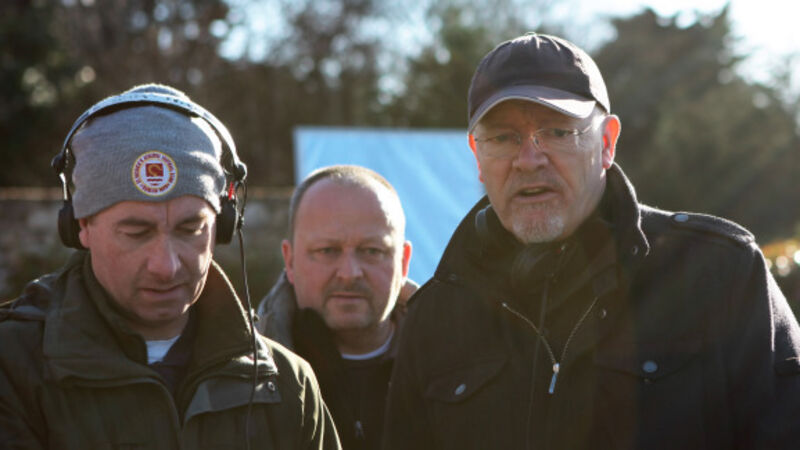Soap opera director Tim O’Mara: Sharing a flair for the dramatic

Love ‘em or hate ‘em, there’s no denying soaps attract large and loyal fan-bases and are among the best-loved programmes on TV.
But even if the “soapie” is beneath your elevated taste, you have to admire the commitment, imagination and skill it takes to churn out gripping episodes on an almost daily basis.











